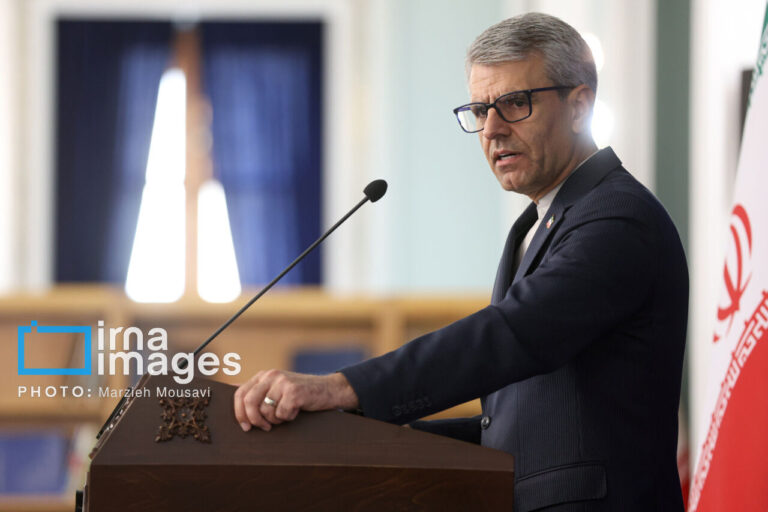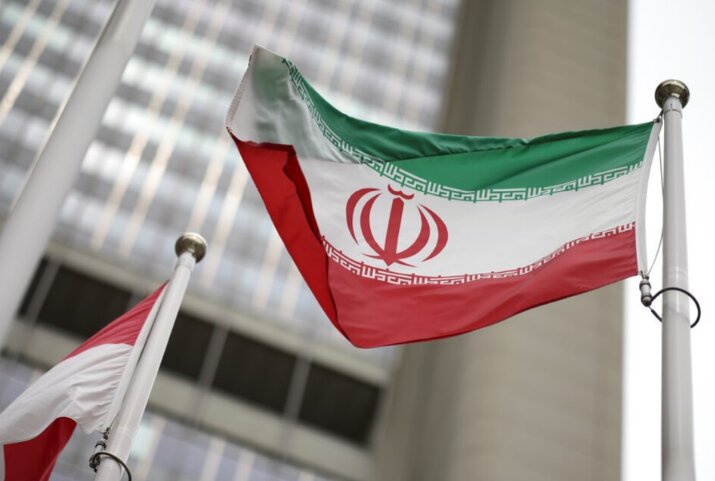
Similar Posts
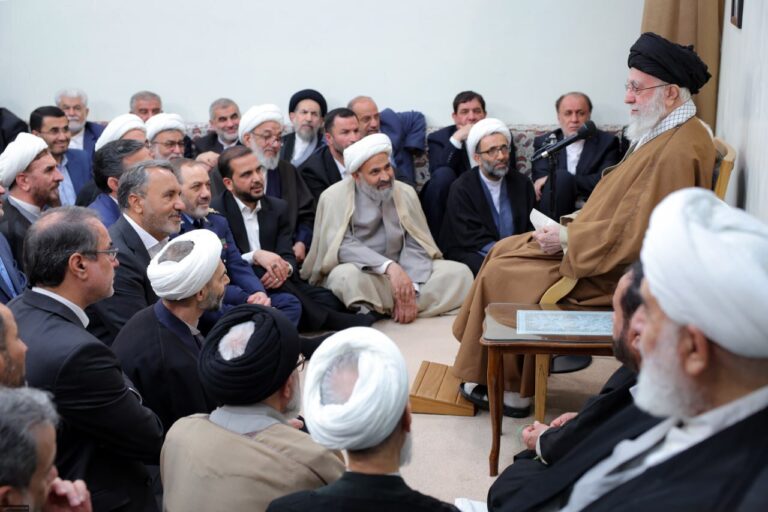
Leader Shares Unfiltered Insights on Iran-US Indirect Talks: What It Means for Diplomacy
The ongoing negotiations in Oman signify a crucial moment in Iran-U.S. diplomatic relations, as highlighted by Ayatollah Khamenei during a meeting with Iranian officials. He expressed a cautious outlook on the talks, which focus on U.S. sanctions and Iran’s nuclear policies, stressing the need to avoid past mistakes like those related to the 2015 JCPOA. Khamenei emphasized Iran’s resilience and capabilities while rejecting speculation that discussions would cover issues beyond sanctions. The current talks reflect the complexities of international diplomacy as Iran seeks stability amid ongoing U.S. pressure and military threats, with the outcome of these negotiations closely watched.
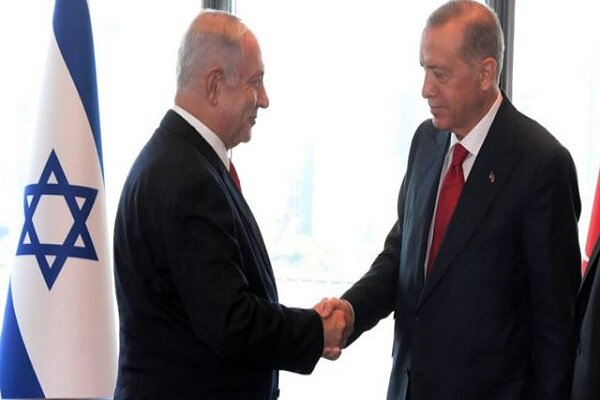
Turkey and Israel Explore Strategic Deconfliction Line in Syria: Insider Sources Reveal Insights
Recent Israeli air strikes in Syria targeted military installations, including Hama Air Base and T4, which Turkey planned to use for deploying forces and air defense systems. Israeli Prime Minister Netanyahu reportedly acted to strike before Turkey established a presence, fearing that Turkish assets would hinder Israel’s operations. Both nations have expressed a desire to avoid conflict, coordinating statements to emphasize de-escalation. While negotiations for a deconfliction agreement are ongoing, Israel views Turkey as a growing threat, particularly following the collapse of the Assad regime. The situation remains volatile, with potential geopolitical implications for the region.
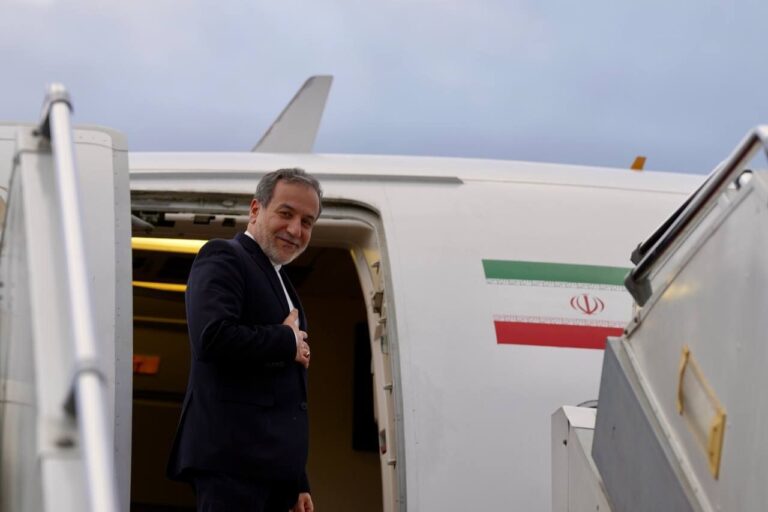
Iranian Foreign Minister’s Strategic Visit to Saudi Arabia: A New Era of Diplomacy?
Iran’s Foreign Minister Abbas Araqchi is in Jeddah for high-level talks with Saudi officials to strengthen bilateral relations and address regional issues. The agenda includes discussions on mutual interests, regional developments, and international affairs. Following his visit to Saudi Arabia, Araqchi will attend the Iran-Arab World Dialogue summit in Doha to promote regional cooperation. He emphasized the importance of engaging in indirect talks with the U.S., maintaining dialogue with regional countries, and addressing nuclear concerns for a sustainable agreement. These efforts highlight Iran’s commitment to enhancing diplomatic relations amid the complexities of Middle Eastern politics.
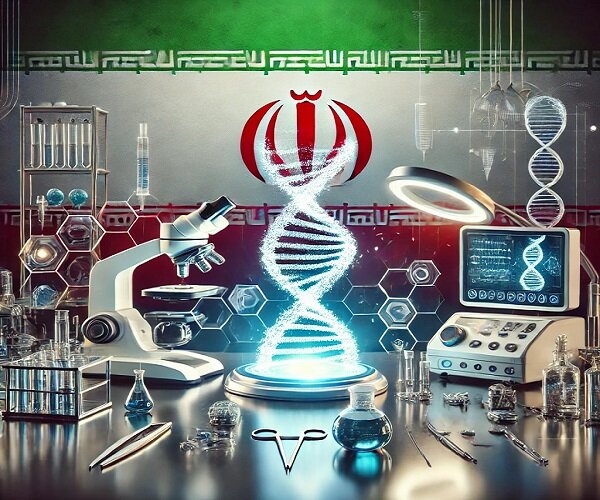
Transforming Healthcare: Iran’s Remarkable Advances Since the Islamic Revolution
Since the 1979 Islamic Revolution, Iran has made significant advancements in healthcare, science, and technology, becoming a regional leader despite economic challenges. Key achievements include a 21-year increase in life expectancy, the establishment of a medical tourism hub, and a vast expansion of rural healthcare. Iran eradicated polio and effectively controlled infectious diseases. The number of medical universities surged from 7 to 47, and the medical workforce grew tenfold. With ongoing investments in healthcare and education, Iran is positioned to tackle future challenges while showcasing resilience and innovation in public health.
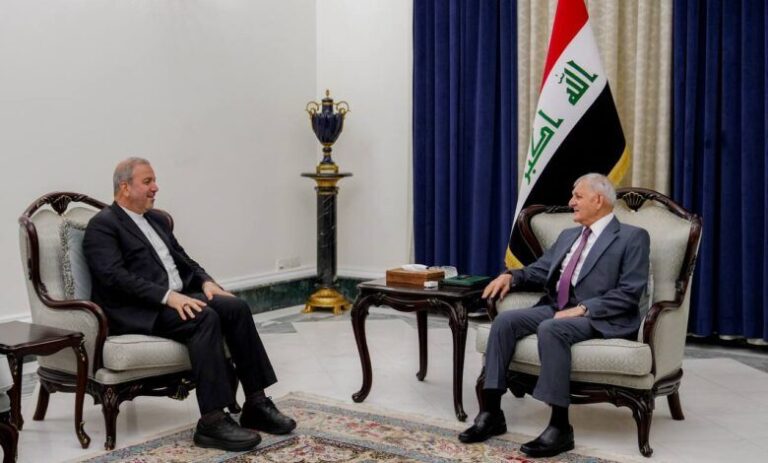
Iraq Seeks to Strengthen Bilateral Ties and Cooperation with Iran
In a recent meeting at Al-Salam Palace, Iraqi President Abdul Latif Jamal Rashid emphasized the importance of enhancing bilateral cooperation with Iran. He highlighted the deep-rooted relations between the two nations and the need to broaden collaboration across various sectors. The discussion also focused on Iraq’s support for regional stability and improved coordination to address challenges. Iranian Ambassador Mohammad-Kazem Al-Sadegh conveyed Tehran’s commitment to deepening cooperation with Iraq, stating that Iran is ready to expand constructive consultations in line with mutual interests. This meeting marks a significant step towards strengthening ties between the two neighboring countries.
